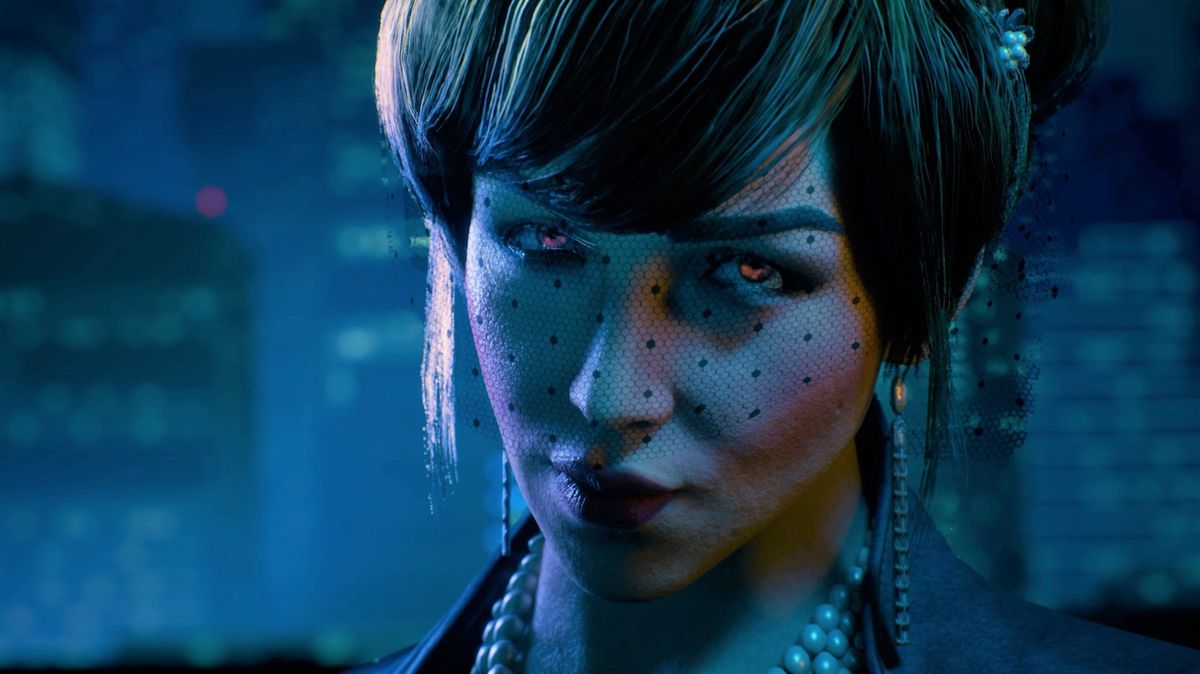Know very little about under the hood, but is Godot dead in water?
From article:
"If you, a solo developer, make $200,000 in a year off a little indie game you cooked up in Unity, paying a small fraction of what you earn on sales on top of that hardly seems unusual"
What am I missing?
Ok, these guys need to stop undermining their case:
"there's a hundred installs. Now, Unity does not have insight into my revenue, right? But they do have insight into the installs, so as far as they're concerned, they're now owed a few thousand dollars."
No, they're owed $20.
And again:
"we make a really nice deal with Microsoft, and on Microsoft it gets downloaded, you know, 15 million times," Ismail said. "Am I going to pay 20 cents over 15 million installs?"
Is he trying to say that a "really nice deal with Microsoft" wouldn't cover such a cost and still make nice profit?
The retro aspect of this change begs a question for sure, but I'd like to see some reasonable criticism before contemplating a conclusion.
Unity plans to "leverage the fraud detection practices that we’ve been using in our ads technology as a starting point to get us ready before January 2024,"
Oh boy, that's sure-fire trouble. They haven't thought this thru, and aren't remotely prepared.
 Update:
Update: Just hours after the new Runtime Fee policy was announced, Unity has told
Axios that it has now changed direction on the "multiple installs = multiple charges" policy after "regrouping" to discuss the issue following the strong pushback from developers

Popcorn time, this is nowhere near a finished policy—more like Early Access







